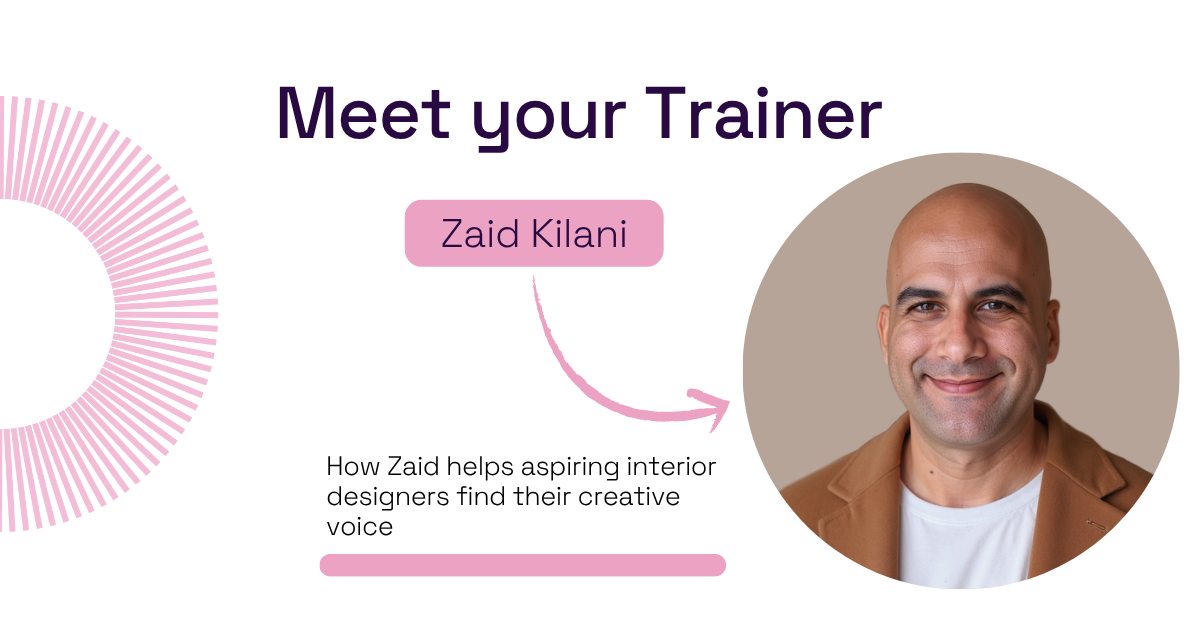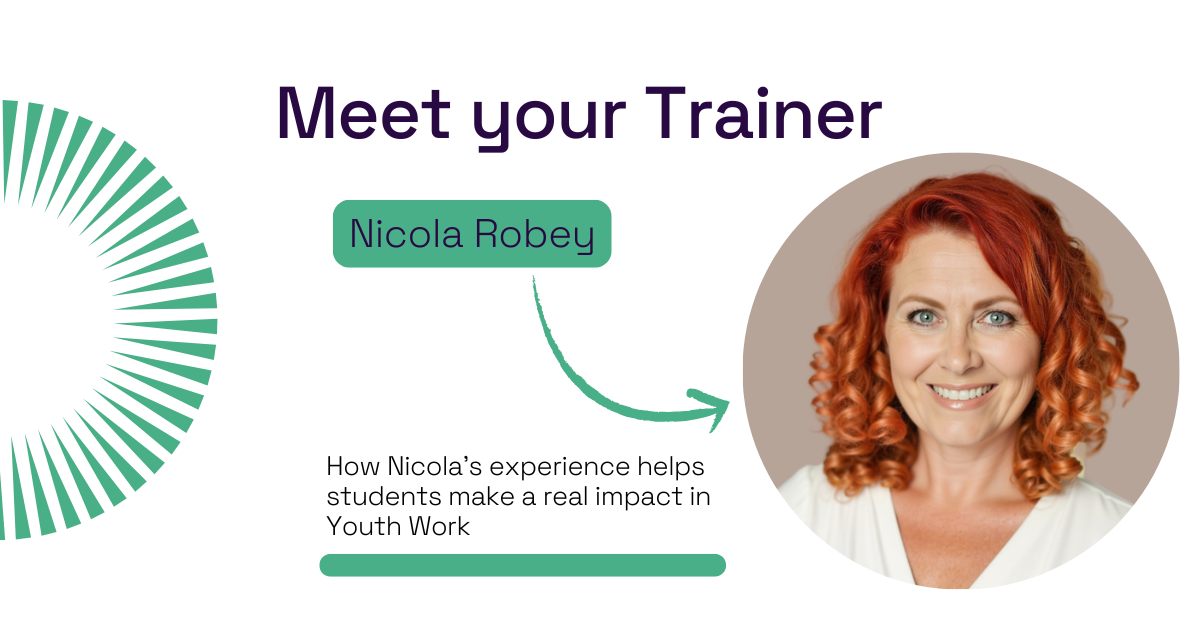Explore our collection of informative and educational blog posts to stay updated on the latest industry trends and expert advice.
Language Learning Assisted by Group Profiling on Facebook

Language students may benefit from group profiling in social networks, according to a recent study conducted by researchers at the University of Piraeus in Greece.
In a preliminary study, a team from the Informatics Department developed an educational application in Facebook for grammar learning. The researchers used an algorithm to determine the groups of students with the same learning styles and abilities, creating a sophisticated and dynamic model for language learning.
The algorithm starts by filtering age and knowledge level, thereby separating students into more compatible groups.
“Our study exploits the fact that educational systems have a large number of users,” says Christos Troussas, co-author of the report. “We use a machine learning reasoning mechanism that is based on recognized similarities between them.”
The prototype application combines an attractive multimedia interface in Facebook with adaptivity to individual student needs in social networks. Users are modeled so that they can receive advice from the system and other web services.
“Using social networks such as Facebook in educational and instructional contexts is a potentiall powerful idea because students spend a lot of time on these online networks anyway.”
As far as e-learning applications are concerned, Troussas says they should follow the general architecture of Intelligent Tutoring Systems and include four basic components based on a general consensus amongst researchers, namely the domain knowledge model, the student model, the tutoring/teaching model, and the user interface.
“As such, they should combine a complete and comprehensive material for learning and attractiveness and user-friendliness along with features which tend to assist students in their educational [process],” says Troussas.
And, in a world where many people try to avoid social profiling, Troussas’s model requires it.
“Given that educational systems have a large and heterogeneous audience, it would be important if computer scientists exploited this fact. By using machine learning reasoning mechanisms based on recognized similarities between the users, the tutoring process can be optimized.”
Troussas says that frameworks which address the problem of student classification are well worth incorporating into such systems.
“The generation of personalized recommendations, advice constantly tailored to users’ needs, support and collaboration among groups, and the diagnosis of users’ misconceptions between them,” Troussas says, “are fundamental characteristics which ameliorate the learning [process].”
Future plans for the research group include evaluating the Facebook application to further examine the degree of usefulness of group profiling and incorporating experimental results into future papers. Troussas and his colleagues will discuss their work at the fifth annual Information, Intelligence, Systems, and Applications Conference, to be held in Crete next July.








